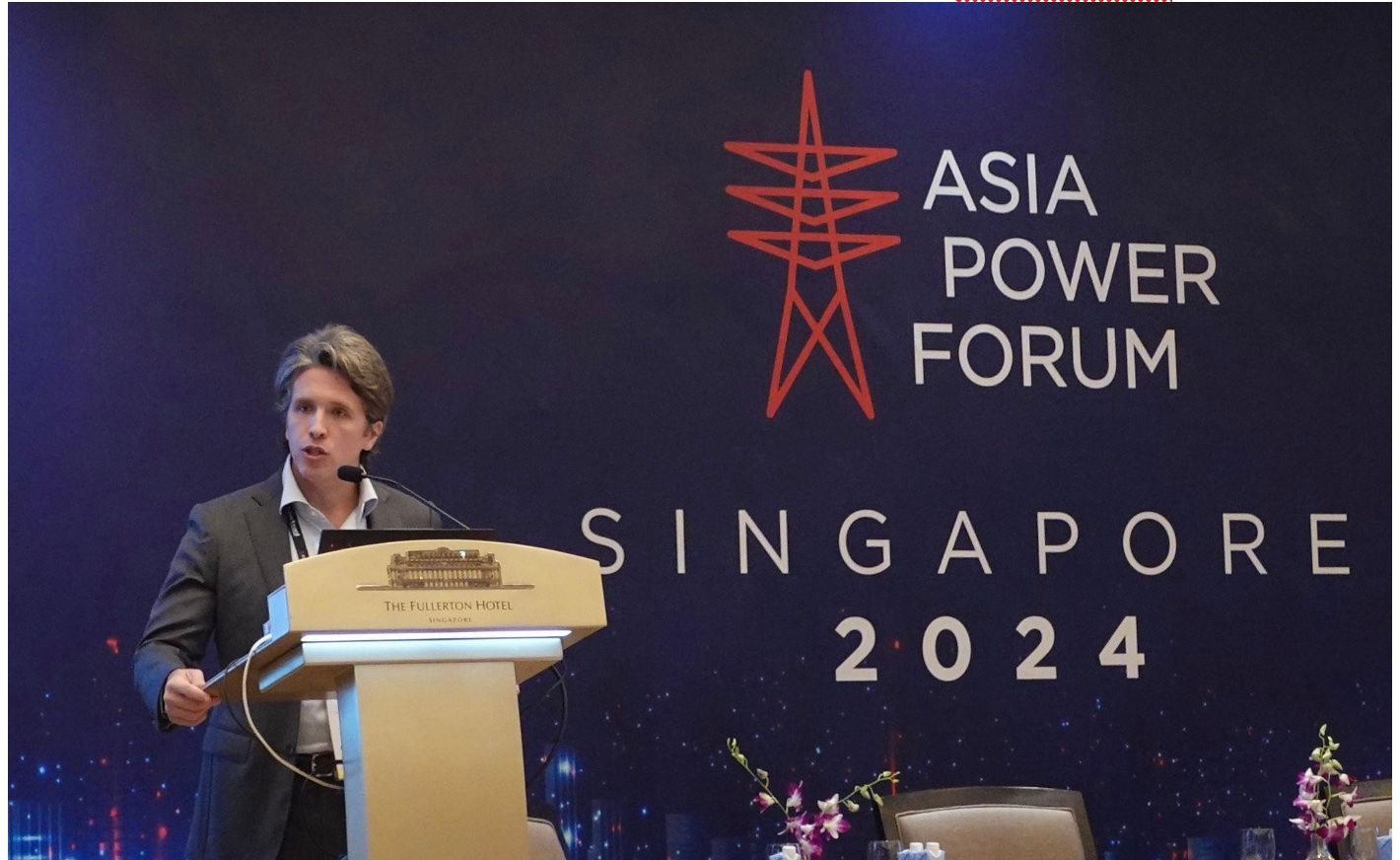Aboitiz Power executive smacks RE developers' distorted play on 'cheap power' narrative
Cites lack of alternative to fossil fuels
At A Glance
- Depending on the economic stature of a country, Aboitiz opined that there is a need for "differentiated expectations and responsibilities in decarbonizing each country's power sector" – highlighting that 'energy security' is still the priority of developing economies like the Philippines.
A young executive of Aboitiz Power Corporation has spilled the inconvenient truth that renewable energy (RE) developers have been distorting the ‘cheap electricity narrative’ because of their proclivity to downplay other cost components linked to the variability of their technologies – including added charges in ratepayers’ electric bills for backup generation, grid stabilization as well as storage solutions.
In his presentation at the Asia Power Forum in Singapore, Aboitiz Power Corporation Chief Corporate Services Officer Carlos Aboitiz forthrightly stated that “often, we hear pronouncements that renewables are cheaper than their fossil fuel counterparts…unfortunately, the math doesn’t add up.”
He averred that “today’s math is based on incomplete accounting, using the levelized cost of electricity or LCOE as opposed to accounting for the intermittency and lack of resource[s] in solar and wind during different times of the day and year.”

Aboitiz primarily cited that RE technologies have low capacity factors – with solar just hovering at 20% and onshore wind at 31%; while conventional technologies have higher availability at 57.5 to 68.5% for coal; then gas at 44.2 to 64.2%; and nuclear at 93.1%.
And while most parts of the world are already turning their back on coal, Aboitiz qualified that there is still an apparent “lack of economic alternatives to fossil fuels, especially for consistent power that meets daily demand.”
Depending on the economic stature of a country, Aboitiz opined that there is a need for “differentiated expectations and responsibilities in decarbonizing each country’s power sector” – highlighting that ‘energy security’ is still the priority of developing economies like the Philippines.
“The evolution of our societies as we know it today is only possible due to the evolution of our energy systems, emissions and all,” Aboitiz said.
On a global scale, electricity consumption is projected to double in the next 25 years – to be driven by “population growth, social mobility, economic expansion, the electrification of transport and industry, and the proliferation of artificial intelligence, among others.”
Conversely for the Philippines, electricity sales forecast is seen doubling in 13 years and will track an uptrend range of 5.49% annually through year 2050; while demand growth will likely hover at 5.19%.
“This makes the growth of a reliable and accessible electricity supply crucial, especially as it relates to achieving the country’s macroeconomic objectives,” he emphasized.
Aboitiz expounded “energy is produced only if it is consumed”- and the usage of such important commodity would often be influenced by the “collective behaviors, needs, and desires” of the end-users.
He further stressed “at the end of the energy value chain are individuals and the institutions that produce the hallmarks of modern society -- namely individual security, comfort, basic health and well-being, freedom of movement, and for the fortunate, other luxuries.”
Nevertheless, if the true cost of producing electricity in a reliable way would continue to be hidden, it was noted that consumers are just being sold a dream of cheap and green power.